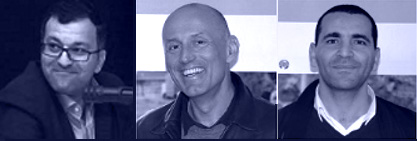On world creativity and innovation day, celebrated on April 21st, FEMISE and its researchers’ network gave our editorial committee some insights and analysis on the Mediterranean innovation context
Six days after Leonardo Da Vinci’s birthday was the date chosen by the United Nations to celebrate innovation and creativity in the world. A very symbolic choice, as he was a man of universal spirit, an inventor, an engineer as well as an architect and a painter. De Vinci stands for what the United Nations expect for this international day « To encourage creative multidisciplinary thinking to help us achieve the sustainable future we want ». It is this sustainable future that FEMISE and its network of researchers aim at sketching through their work.
The think tank worked at clearing the field of Mediterranean innovation. Researchers first pictured a portrait of the situation, before making suggestions for developing this sector, « which could represent a hope for the future, to solve daily problems », according to CrowdSolving Yomken’s Tamer Taha.
A future already taking place in fact. All researchers agree to say that the international context, economic competitiveness, and growth partly require innovation. « Innovation is actually the only sustainable way of competing in international markets » states Przemyslaw KOWALSKI (CASE, FEMISE). He adds that « expert competition based on innovation and knowledge provides you with a better prospect of economic development and increasing standards of living ». Meanwhile, the General Manager of OPEE and Kedge Business School professor Maarouf Ramadan says that « the Mediterranean region does not avoid the international questioning on innovation ». He indeed studied the issue a lot, and proposed, with researcher Sonia Ben Slimane, a conceptual framework to achieve efficient and effective National Innovation Systems (NIS). « A lot of potential can be unlocked if Med countries start really looking into what aspects they want to develop » states Maryse LOUIS, (ERF, FEMISE General Manager). She highlights how « as we celebrate the World Innovation and Creativity Day, we are reminded of the challenges that the South med Countries are facing to establish their innovation systems ».

« Investing in research and innovation systems »
«Most countries in the Middle East and North Africa suffer from the so-called missing middle phenomenon, with just a few middle-sized innovative enterprises » adds Markus LOEWE, German Development Institute. The phenomenon is due to 5 factors, including entrepreneurs that « lack access to capital and informational markets » and a of « lack rule of law » which is the most important factor according to the researcher. Maryse LOUIS (ERF, FEMISE) lists the common challenges to the region: low funding of research and development, unclear laws on the IP, coordination between the different actors, the unfavorable private sector environment for Young entrepreneurs and for research.
Thus, change can be an opportunity for systematic innovation. But how can it be achieved? Dalia Seif (FEMISE and ERF) specifies that under the work produced by FEMISE within the EU-funded TheNextSociety project « we have created a Scoreboard with more than 80 variables to measure the performance of innovation in the South Med countries ». This work « is about looking into more details of the innovation performance in these countries from different aspects: institutional, economic and social to be able to point to the challenges in each country and provide a road-map on how to establish an innovation system in these countries ».
For Sonia Ben Slimane, « there is a necessity to invest in research and education systems », in order to « promote an innovative and creative culture » the researcher explains. She delivers a set of recommendations, from a bigger conciliation between industries and education and research systems to intellectual property protection, not forgetting to mention the financial issue. Yomken is central to this question. Through what it calls « challenges », the Egyptian platform matches companies, NGOs and industries with « young people with creative and innovative ideas » Yomken founder Tamer Taha points out. The platform is managed from Cairo, in several countries.
« Social innovation is also a way of addressing the needs of societies in a more effective and efficient way » states Katarzyna SIDLO (CASE, FEMISE). Success stories of social innovations in the MENA region include childcare services to allow women to go back to education or to the labor market, as well as initiatives to providing training and work opportunities for refugees.
The financial allocation issue is also addressed by Dr. Jocelyn Ventura from FEMISE. He lists some sectors like aeronautics in Morocco, pharmaceutics in Lebanon and Jordan, and praises a strategy in which « local decision-makers allocate resources in well-identified sectors ». Promoting an innovative, creative and developing environment would allow for the Schumpeterian entrepreneur to become the economic revolutionary, following his theory. “
by the Ecomnews Med editorial team in collaboration with FEMISE


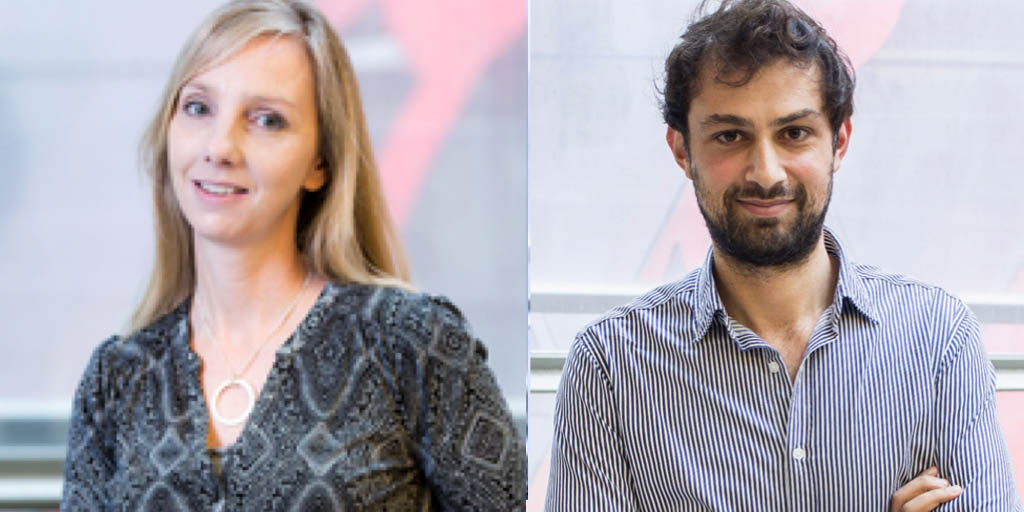
 The policy brief has been produced with the financial assistance of the European Union within the context of the FEMISE program. The contents of this document are the sole responsibility of the authors and can under no circumstances be regarded as reflecting the position of the European Union
The policy brief has been produced with the financial assistance of the European Union within the context of the FEMISE program. The contents of this document are the sole responsibility of the authors and can under no circumstances be regarded as reflecting the position of the European Union
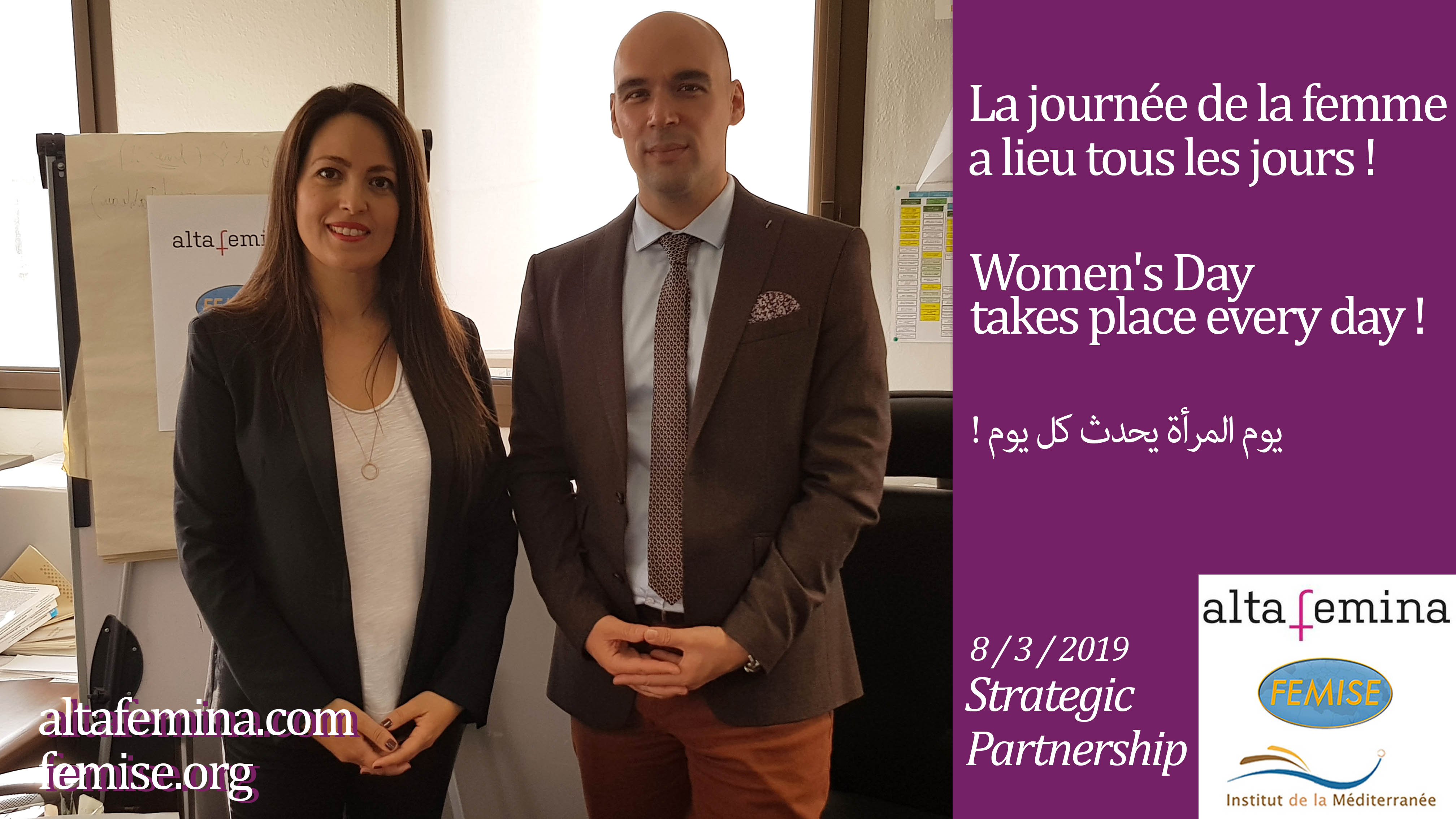
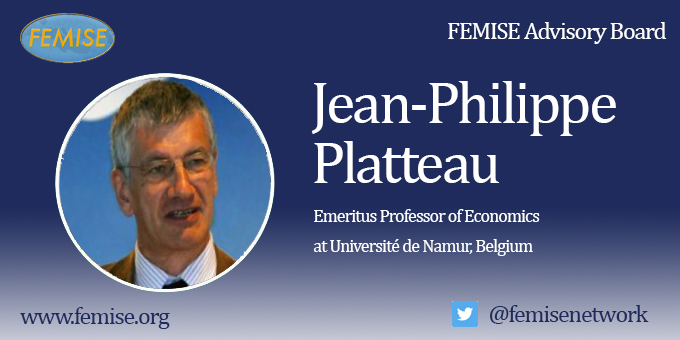
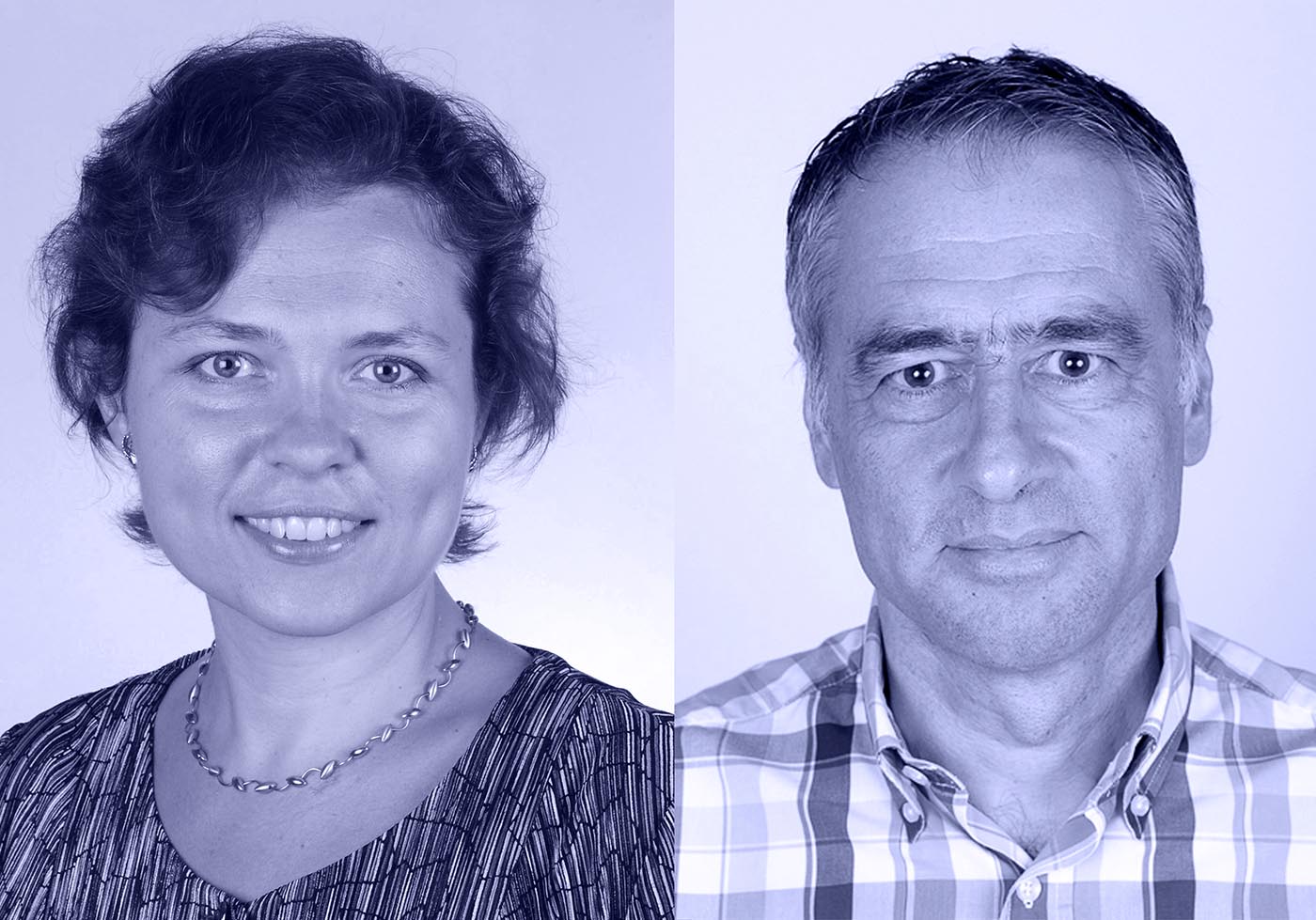
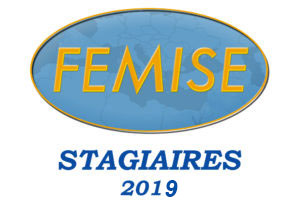 As part of its activities, the FEMISE Network is launching a Call for Applications for two internship positions.
As part of its activities, the FEMISE Network is launching a Call for Applications for two internship positions.